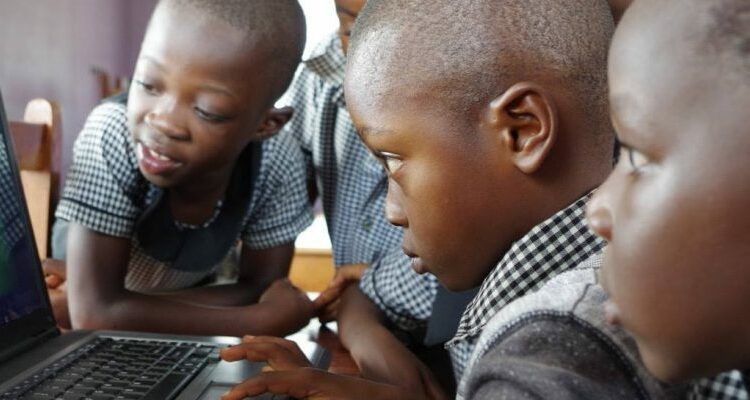Over 54 per cent of Nigerian children aged eight to 16 face online threats ranging from cyber-bullying to sexting and harmful content exposure, according to the 2024 Nigerian Teen Cyber Awareness Report.
The alarming findings have spurred critical stakeholders to intensify efforts to protect minors online, through the TikTok Online Safety and Digital Awareness Programme, supported by TikTok and the National Information Technology Development Agency (NITDA) being implemented by Data Science Nigeria (DSN), in Lagos.
Head of Innovation and Digital Inclusion NITDA southwest Zonal office, Dr. Falilat Jimoh has emphasized the agency’s mission to enhance digital safety across Nigeria.
“We are pushing for digital literacy across all verticals of society,” she stated, underlining the critical need for parents and educators to guide children’s online activities.
Highlighting parallels between teaching road safety and online safety, Jimoh explained, “You wouldn’t send your child out without teaching them road safety, yet we hand them devices without adequate guidance on digital safety.” She urged parents to adopt tools like parental controls, which allow them to monitor and regulate their children’s online interactions.
Jimoh called on more organizations to replicate such programmes to educate Nigerians on digital safety, emphasizing that protecting children requires the involvement of governments, tech companies, educators, and parents alike.
The 2024 Nigerian Teen Cyber Awareness Report underscored the rise of sexting among Nigerian teens, facilitated by coded phrases such as “WTTP” (Want To Trade Pictures) and “NIFOC” (Naked In Front Of Camera). Such behavior has led to cases of extortion, cyberbullying, and mental health crises, including teen suicides.
In the same vein, the programme manager at DSN, Michael Adeniran called for collective action to combat these issues, citing the mental toll of cyber-bullying on public figures. “Parents must be actively involved in their children’s digital lives,” Adeniran urged, stressing the need for open communication, digital literacy, and robust use of parental control tools.
TikTok’s parental control features were spotlighted as a leading example of how technology can aid in safeguarding children. Adeniran explained that parents can manage screen time, restrict inappropriate content, and oversee interactions. Sharing his personal experience, he said, “I set up a tablet for my two-year-old where every action—app downloads, YouTube Kids access—required my password.”
Adeniran applauded TikTok’s proactive approach, contrasting it with less regulated platforms. He also encouraged parents to educate children about building a positive digital footprint, warning, “What we post online today could affect opportunities tomorrow. Imagine your child being rejected by Harvard because of an inappropriate post from years ago.”











